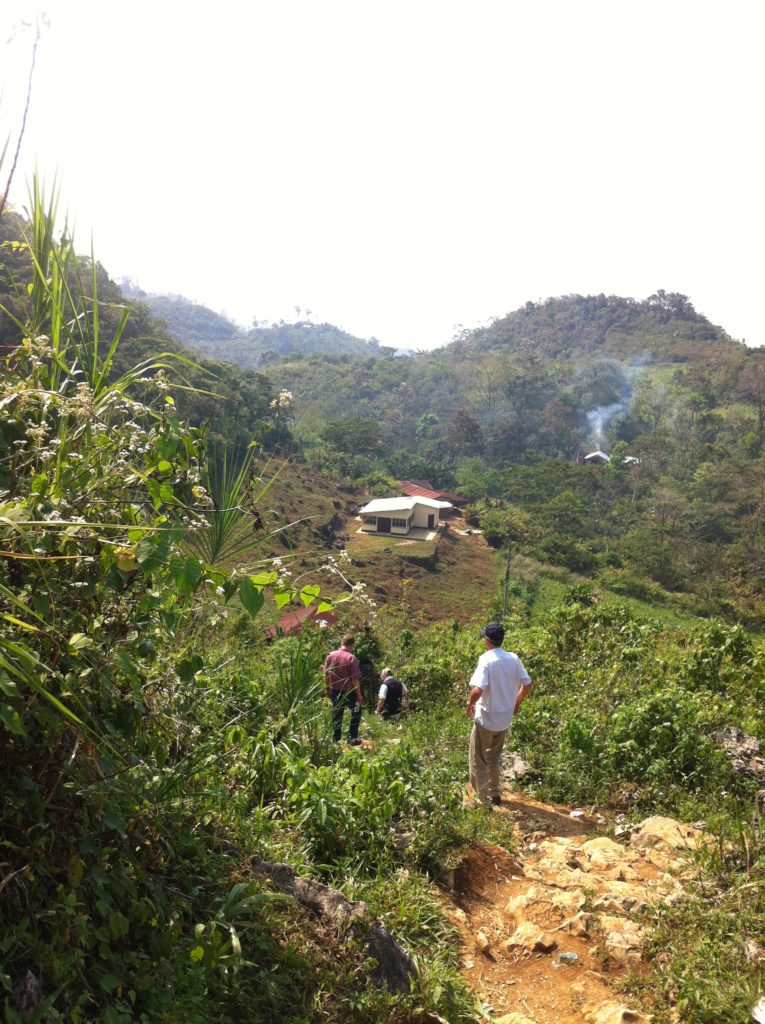By mid-April 2020, threats to public health have taken centre stage around the world. On every news station at any time of day, public health officials answer new questions about the coronavirus (COVID-19) transmission, treatments, and vaccines. However, as COVID-19 spreads to poorer and more vulnerable countries, it raises new and pressing questions about health equity: Who can afford to stay home from work? Who has access to water to wash their hands? Who has access to testing and treatment?
Past health crises, such as Ebola outbreaks in West Africa, have demonstrated that health inequity is often exacerbated in times of crisis. These health inequities often break down along socio-demographic lines, such as income, ethnicity, and gender. In Guatemala, poor indigenous populations living in rural communities have limited access to essential health and education services and basic infrastructure. These populations also bear a disproportionate amount of the national health burden. Women and girls in Guatemala are often most vulnerable because they lack control over resources and decision-making in their families and communities. It is also likely that women and girls in Guatemala are more vulnerable to COVID-19 than their male counterparts.

